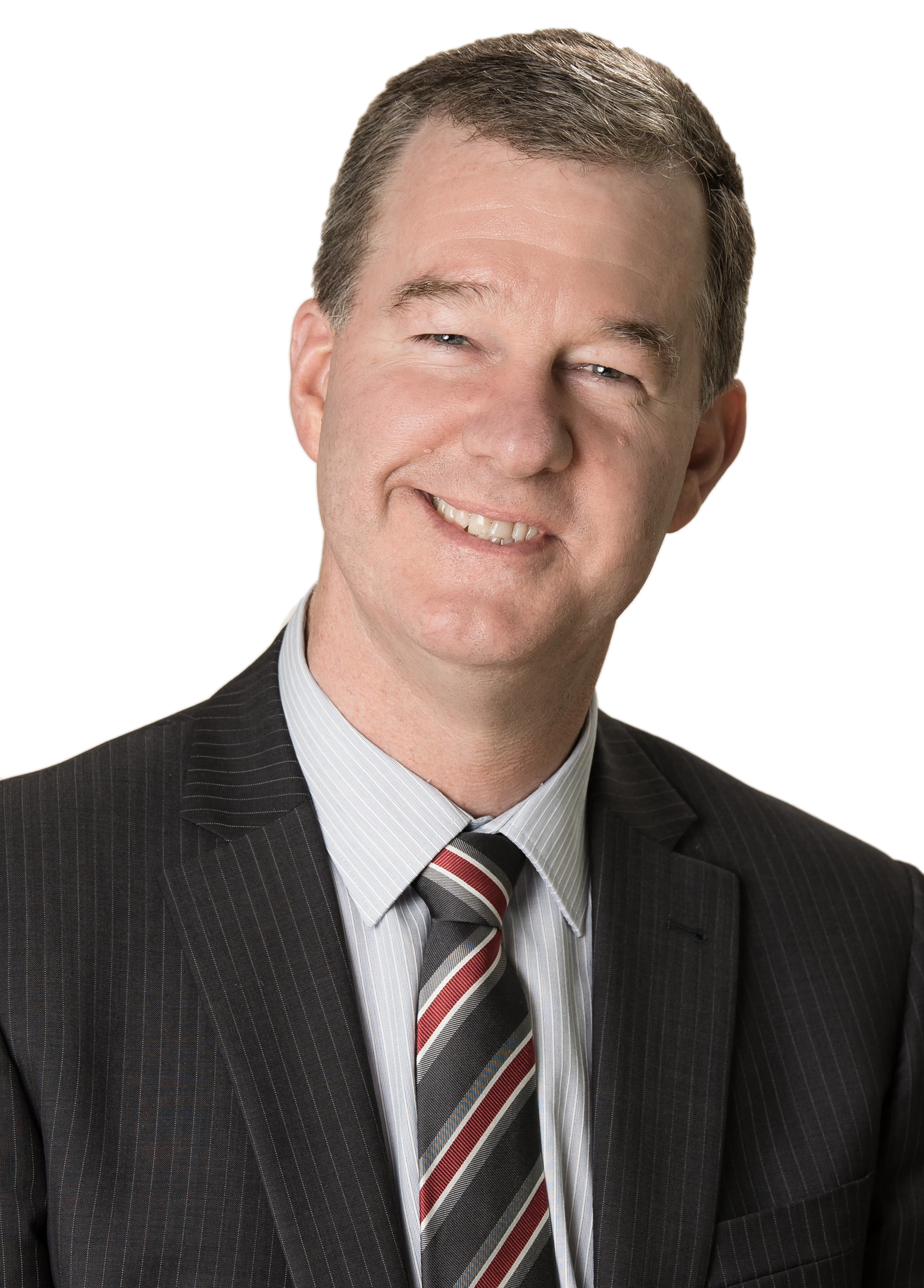Our investment and economic forecasts, April 2023

.
- Australia’s unemployment rate to rise this year as financial conditions tighten, and headline inflation to fall to 4.25% by the end of 2023 as higher interest rates dampen demand.
- China’s postpandemic recovery to be uneven, however with an expected increase in consumption, we foresee inflation averaging 2.5% over 2023.
- The U.S. Federal Reserve Bank to continue tightening its monetary policy and raise its interest rate target to a range of 5.5%–5.75% from its current target of 4.75%–5%.
The views below are those of the global economics and markets team of Vanguard Investment Strategy Group.
Vanguard’s outlook for financial markets
Our 10-year annualised nominal return and volatility forecasts are shown below. They are based on the December 31, 2022, running of the Vanguard Capital Markets Model® (VCMM). Equity returns reflect a 2-point range around the 50th percentile of the distribution of probable outcomes. Fixed income returns reflect a 1-point range around the 50th percentile. More extreme returns are possible.
|
| Return projection | Median volatility |
| Australian equities | 4.0% - 6.0% | 21.5% |
| Global ex-Australia equities (unhedged) | 5.4% - 7.4% | 19.6% |
| Australian aggregate bonds | 3.8% - 4.8% | 5.5% |
| Global ex-Australia bonds (hedged) | 4.0% - 5.0% | 4.7% |
Notes: These probabilistic return assumptions depend on current market conditions and, as such, may change over time. Source: Vanguard Investment Strategy Group.
Region-by-region outlook
Australia
- Australia’s central bank has paused its rate-hiking cycle, and its data-dependent approach suggests the cycle may have peaked. The Reserve Bank of Australia (RBA) said it expects that “some further tightening of monetary policy may well be needed” to ensure that inflation returns to its 2%–3% target.
- Several reasons exist, however, to believe that the RBA may have reached its terminal interest rate. For one, although the unemployment rate remains near a multidecade low, Australia’s labour market isn’t as tight as those of most developed-market peers. Wages rose by 0.8% in the fourth quarter and 3.3% for all of 2022. We expect the unemployment rate, which was unchanged at 3.5% in March, to rise this year as financial conditions tighten.
- Also supporting the RBA’s pause, inflation appears to have peaked. We expect headline inflation to fall to around 4.25% by the end of 2023, as higher interest rates dampen demand, and to fall to the RBA’s target band of 2%–3% in 2024.
- We continue to expect GDP growth of 1%–1.5% for all of 2023. We assign a 50% probability of recession over the next 12 months, up from 40% last month, as our proprietary index of leading indicators reflects growth below trend.
China
- The latest data on GDP, retail sales, and exports portray a Chinese economy in full bounce-back mode in the months after its postpandemic reopening. Given the strength in first-quarter data released Tuesday, April 18, we have increased our outlook for China’s full-year economic growth from 5.3% to 6.4%. With consumer confidence on the mend and credit growth accelerating, there is scope for a further pickup in activity over the coming quarters. China’s official target is for the economy to grow “around 5%” in 2023.
- We expect China’s postpandemic recovery to be uneven, however. COVID-sensitive services sectors have led the rebound since the beginning of the year, joined more recently by the housing and export sectors. But manufacturing remains sluggish and domestic demand weak
- We expect inflation to average 2.5% in 2023, below the People’s Bank of China’s 3% target
- We don’t expect further People’s Bank of China cuts to the reserve requirement ratio after a 25-basis-point cut for large and medium-size banks announced March 17. We expect any easing in the medium term to be targeted, such as for the benefit of the manufacturing sector and green investment.
United States
- Since stresses in the U.S. banking system became apparent with the closure of Silicon Valley Bank on 10 March, financial markets have been pricing in Federal Reserve interest rate cuts. We don’t see enough of a bank stress-induced impact on credit conditions to warrant a pause in the Fed’s inflation-fighting campaign. We’re still most closely watching the strength of the labor market, the potential for accelerated wage gains, and the stickiness of core inflation.
- We expect the Fed to raise its rate target by another 75 basis points (0.75 percentage point) this year, to a range of 5.5%–5.75%. We don’t foresee rate cuts before 2024.
- A combination of fewer job vacancies and more unemployment likely will be required to keep wage growth in check. As more restrictive financial conditions take hold, we foresee the unemployment rate rising to 4.5%–5% (from 3.5% in March) by the end of 2023.
- We continue to expect 2023 U.S. growth of around 0.75%. A recession in the second half of the year remains our base case.
- U.S. home prices likely will decline 5% on a year-over-year average basis in the second half of 2023. As affordability normalises, however, housing should act as an economic stabiliser.
Euro area
- Vanguard continues to expect core inflation to peak in a range of 5.5%–6% in the next few months before fading in the second half of the year as the effects of higher interest rates work their way through the economy. We foresee core inflation averaging 4.5% in 2023 and ending the year around 3.3%—still solidly above the European Central Bank’s (ECB’s) 2% target.
- Given these conditions, we foresee the ECB raising its deposit rate to a range of 3.75%–4% from the current 3%, with no rate cuts in 2023. Markets are pricing in a terminal rate in a range of 3.5%–3.75%, or 25 basis points lower than our view, and have moved toward our view of no rate cuts by year-end. The ECB’s next policy announcement is scheduled for Thursday, May 4.
- Our base case for the broad economy remains a recession in the second half of the year and full-year GDP growth around 0.5%. Although activity data have been somewhat stronger than expected, we see a likely further tightening in both financial and credit conditions as a strong opposing force.
United Kingdom
- We continue to expect core inflation to fall below 4% by the end of 2023 as the effect of higher interest rates and the benefits of lower energy prices work through the economy.
- Vanguard’s expectation is that the Bank of England (BOE) will need to raise the bank rate again when it meets in May. We expect the BOE to raise the bank rate to 4.5% and leave it there for the rest of 2023.
- Our business-cycle view is unchanged. We continue to expect recession in 2023, with full-year GDP falling by about 1%. We foresee growth of about 0.6% in 2024.
Emerging markets
- Increasing business and consumer confidence, as measured by surveys that feed into Vanguard’s proprietary index of leading economic indicators, suggests continued economic resilience in emerging markets, especially emerging Asia. We recently increased our forecast for 2023 emerging markets GDP growth from about 3% to about 3.25% and see risks skewed toward further upside, especially should measures of optimism translate into real economic data.
- Our forecast for emerging markets GDP growth remains below consensus, given our expectation of slower global growth later in 2023.
Vanguard's global economics and markets team
April 2023
vanguard.com.au







